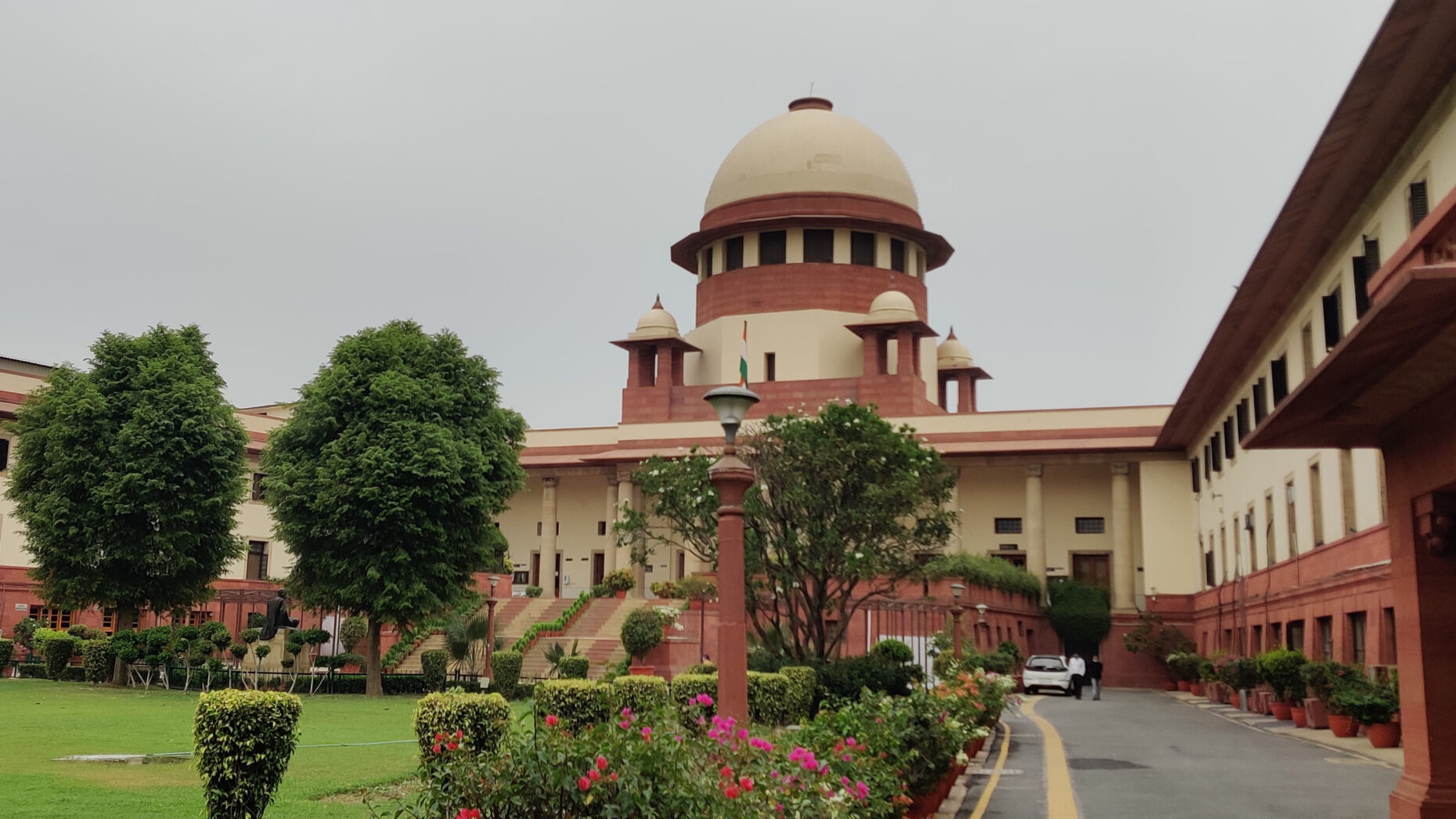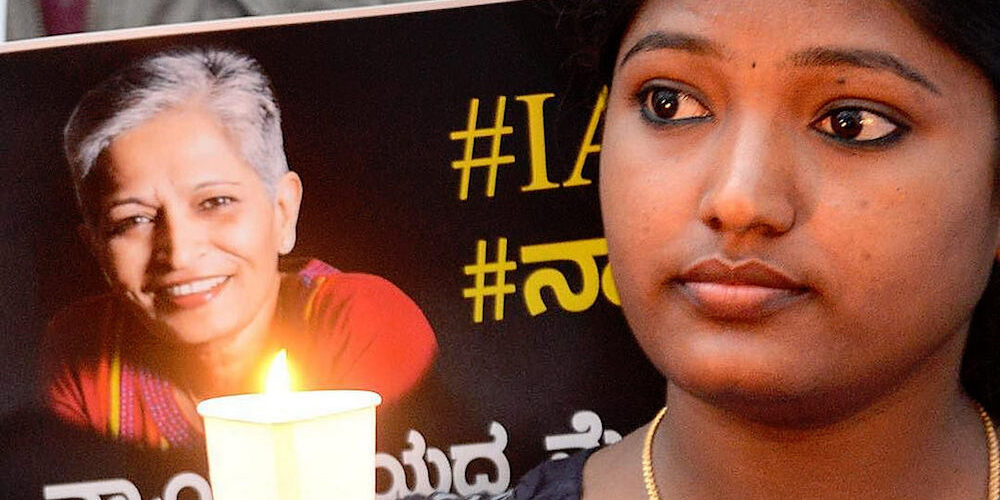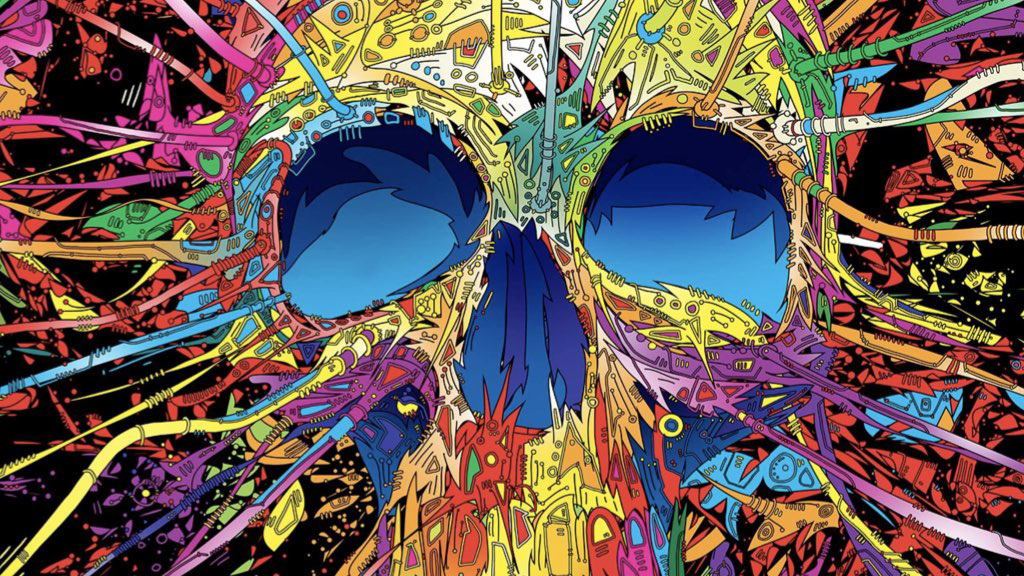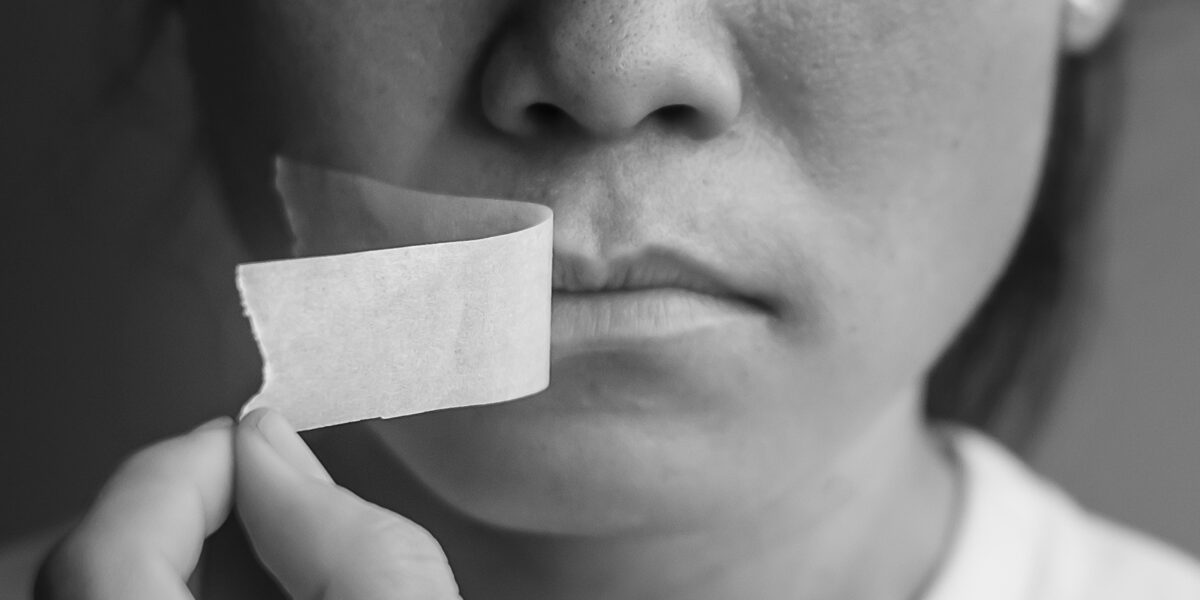This is the text of a talk at a conference, Freedom of Expression in a Digital Age, on 21 April 2015 in Delhi, organised by the Centre for Internet & Society.
There are many unresolved issues around freedom of expression, but none is as contentious as the question of how we should deal with offence. Opinion is sharply divided over where to draw the line between legitimate political or artistic expression and intolerable vilification of people’s identities.
The debate is often framed as a battle between friends and foes of democracy, but it is more than that. What makes it especially complex is that it is also a tension within democracy. Democratic participation requires both freedom and equality. Freedom must include the right to speak in ways that may upset others; but the principle of equality requires that citizens not be unjustly excluded from enjoying their rights and taking full part in public life – which is the effect that hate speech can have. These companion rights are embodied in Articles 19 and 20 of the International Covenant on Civil and Political Rights.
Because culture and context are intimately implicated in the specifics of offensive speech, there will always be grey areas requiring fine judgment by independent courts. However, this doesn’t meant that these decisions are inescapably ad-hoc and arbitrary. Relevant international institutions such as the UN Special Rapporteurs, together with freedom of expression groups such as Article 19, have come out with detailed guidelines (like the Rabat Plan of Action) in line with international human rights principles.
These norms differ substantially from traditional approaches to regulating offence, which held sway in most Western democracies a century ago and are still dominant in many parts of the world. Here’s a summary of how they differ:
| Traditional approaches | Human rights standard |
|---|---|
| Law insulates people’s feelings from expression that offends them. | Law reserved for protecting people from incitement of actual violence, discrimination, hostility. |
| Law sides with the majority, to preserve mainstream culture and values. | Law helps vulnerable minorities because dominant groups can help themselves. |
| Law protects the dominant religion’s orthodoxy by punishing criticism and minority practices. | Law does not shield religions from offence, since progress often starts with ideas that shock. |
| Governments given wide latitude in controlling inflammatory speech to maintain order. | Public order rationales for restricting speech only legitimate if they convince independent courts. |
| Social harmony is enforced by the state through laws against offensive expression. | Social harmony is built through non-legal means, such as counter-speech by political and civic leaders. |
It is often argued that countries with a history of sectarian conflict need to err on the side of caution and cannot be as liberal as Western demoocracies. While historical context does matter, one of the main problems with this thinking is that when you attempt to police insult and wounded feelings, you create opportunities for political entrepreneurs to use offendedness as a weapon.
I use the term “hate spin” to refer to this double-sided propagandistic strategy, in which both the giving and taking offence can be used to boost one’s stature or weaken one’s opponents. Hate spin is used by intolerant groups everywhere. And in many countries, it is posing a major challenge to democratic life, as we see a kind of double whammy in operation:
1. There is impunity for dangerous speech, allowing incitement of discrimination, hostility and violence.
2. At the same time, the state has a habit of intervening when feelings are wounded, encouraging groups to take offence as a political strategy.
Paradoxically, therefore, there is both under-regulation of harmful speech and over-regulation of insult occurring side by side. The contradiction disappears when we introduce power into the equation: the law is consistent in that it always sides with dominant interests. The powerful are allowed to get away with incitement even as their own values are protected from attack. Conversely, the weak are expected to endure vilification, while restraining their own political and cultural expression.
Better laws are needed to protect the democratic pillars of freedom and equality. However, the law is constrained in what it can do. There are at least three problems that regularly surface.
Enforcement gaps
First, there is weak enforcement of existing laws against incitement. Last year’s elections in India offered several high profile case studies of influential politicians cynically violating the Election Commission’s code of conduct, but not suffering the consequences. On the contrary, a post-election balance sheet would reveal to any morally blind Indian politician that an investment in hate speech pays handsome dividends.
Non-regulable zones
Second, laws can only deal with what is regulable, while much of the activity in hate propaganda takes place in non-regulable zones. Hate speech law necessarily focuses on the contents in the messages transmitted between A and B. But, taking a sociological perspective, we know that meaning is made in the audience’s mind, where each new utterance occurs against a backdrop of others’ words and actions. Taking advantage of this, political actors distribute their hate spin work; there is a division of labour. Fringe groups use extreme language and engage in actual violence. Top leaders refer to these words and actions through codes whose hateful meaning is unmistakeable to an audience in the know, but whose reasonable language gives the speaker plausible deniability if legal action is attempted.
Verdict-proof opportunities
Third, the strategy of hate spin does not require political entrepreneurs to win all their parliamentary or court battles in order to get their job done. This is because legislatures and courts are not merely decision-making institutions. They are also deliberative bodies whose discourses and processes have symbolic importance. Losing a legal battle is still an opportunity to whip up support by reinforcing a sense of injustice among the like-minded, especially when key state institutions like apex courts have been already been labelled as unsympathetic to the community’s values.
In addition, legislative debates and court deliberations provide high-status platforms to air the language of intolerance and prejudice. The influential Islamophobia network in the United State has mastered this technique. Anti-Shariah laws have been introduced in several American states to address a non-existent threat of an Islamisation of the country. The real purpose is to normalise anti-Muslim rhetoric in American political discourse.
Thus, the political entrepreneurs who have turned to hate spin as a strategy should not be underestimated. Like the best social movements, they are creative, adaptive and committed. In the battle against intolerance, we need to track how they work and match their every move.
– Originally published at https://www.mediaasia.info/legal-quandaries-in-combating-hate-propaganda/



